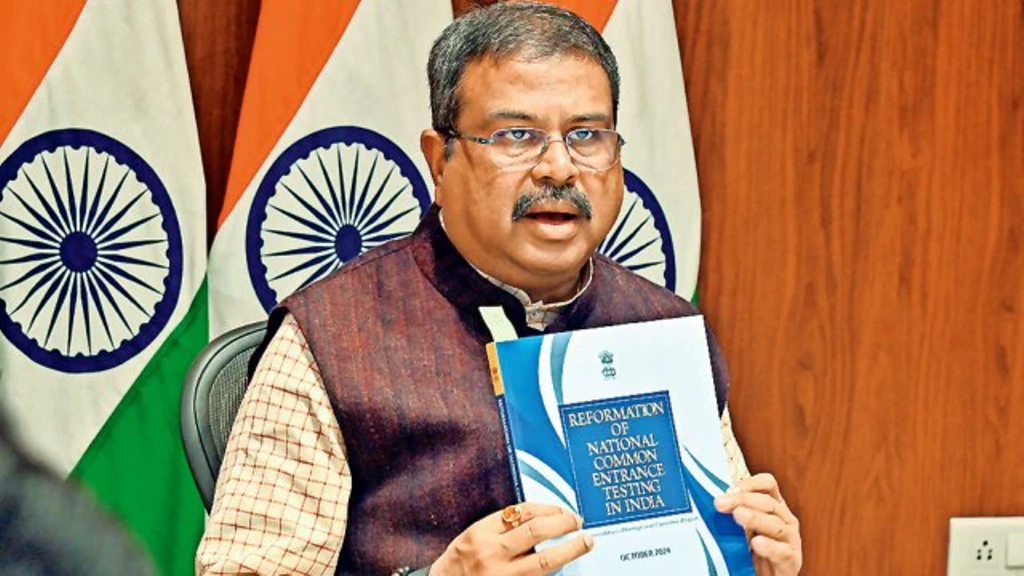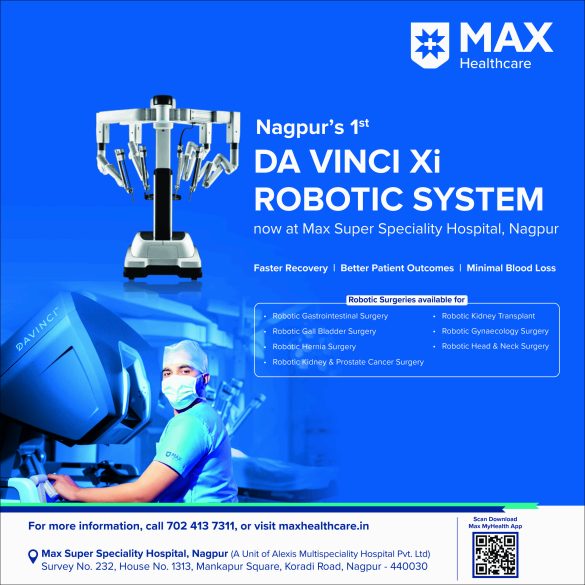A committee led by ex-ISRO chief K Radhakrishnan has proposed an election-like framework for national entrance exams like NEET, CUET, and UGC-NET to ensure transparency. Formed in June after the NEET-UG paper leak controversy, the seven-member panel submitted its recommendations in October, made public on Tuesday.
The panel recommends collaboration between the Centre and state governments for conducting exams, similar to the election process involving state administrative machinery. It suggests appointing an NTA “presiding officer” at each test center to oversee operations as per protocol, akin to polling booth management. The NTA, an autonomous agency, conducts national-level entrance exams.
The panel suggests sealing testing centers before exams in the presence of district administration and police, with guards ensuring security until unsealing on exam day. This mirrors the election process, where EVM strongrooms are sealed and guarded until counting.
For collaboration with the states and districts for “secure test administration”, the panel has recommended establishing state and district-level coordination committees, and suggested their composition and role.
State-level committees will be led by a nodal officer appointed by the Chief Secretary and include representatives from state police, the NTA Director General, the Intelligence Bureau, and the National Informatics Centre (NIC).
These committees are to prepare “exam-specific strategies” for exams like NEET, CUET (Common University Entrance Test) and UGC-NET (University Grants Commission–National Eligibility Test) to “ensure fair, transparent and zero-error examinations.”
District-level committees are to be headed by the district magistrate and should comprise the head of the district police force, the district nodal officer of the NTA, an IB officer and NIC official.
District-level committees will identify suitable testing centers based on past exam records, background checks on center owners, previous paper leaks, and intelligence inputs. They will also devise strategies for secure transportation of question papers, ensuring adequate police or paramilitary security.
Currently, the NTA conducts exams in government schools, AICTE-recognized institutes, and private centers managed by third-party providers like TCS iON for computer-based tests. The panel recommends reducing dependence on such agencies over time and collaborating with centrally-run schools like Kendriya Vidyalayas and Navodaya Vidyalayas to enhance digital infrastructure for computer-based testing.
The committee has proposed a “digi-exam” system, inspired by the DigiYatra model, to verify candidates and ensure only registered individuals take the tests. It recommends recording primary identification data during application as a one-time entry and capturing biometric data at the testing center before the exam.
The panel suggests that NTA officials ensure the safety of question papers and OMR sheets until the exam concludes. Computer-based testing centers should be sanitized by third parties and rechecked by NIC and NTA representatives. Continuous CCTV monitoring of candidates during the test is recommended, with a district-level CCTV monitoring center staffed by NTA and district administration officials.
The committee recommends that the NTA focus primarily on conducting entrance exams, with scope for other exams considered only after capacity enhancement. Education Minister Dharmendra Pradhan confirmed on Tuesday that the NTA will handle entrance exams for higher education, not recruitment tests.
In addition to higher education entrance tests, the NTA currently conducts recruitment exams for central universities and some state government bodies. However, Education Minister Dharmendra Pradhan stated that the NTA will shift its focus solely to higher education exams, as the government aims for it to be a specialist in this area.
Regarding NEET, Pradhan said, “The Health Ministry is the administrative ministry. The exam mode, whether computer-based or pen-and-paper, will be decided based on their recommendation. We are ready for both. The NTA will act as the service provider, while the administrative ministry will determine the exam format.”
The committee of experts has been assigned the task of recommending reforms in the exam process, enhancing data security protocols, and restructuring the NTA’s operations.




